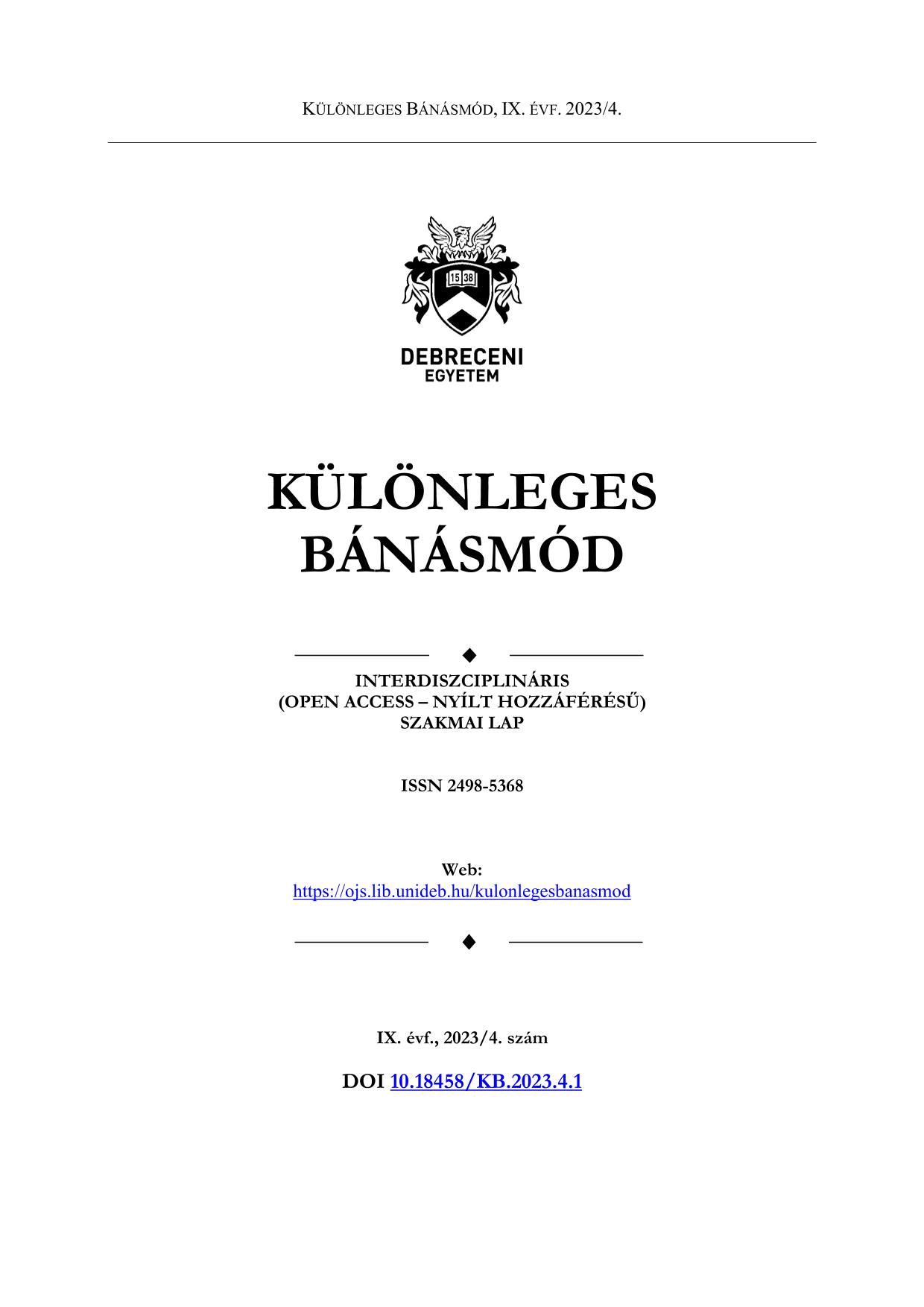A CASE STUDY OF TEACHING ENGLISH IN KINDERGARTENS SINCE 1989 – A NORTH-EAST HUNGARIAN CITY
Author
View
Keywords
License
Copyright (c) 2024 Dr. Nemes Magdolna

This work is licensed under a Creative Commons Attribution-NonCommercial-NoDerivatives 4.0 International License.
How To Cite
Abstract
In our paper, we deal with the significance of learning languages at an early age. The research aimed to explore how the teaching methods employed in kindergartens have altered with the change of the political regime in 1989–90. A case-study was conducted using semi-structured interviews (n=7) with early childhood educators and language teachers in 2016/2017. Oral history method was used because no written material was produced. Based on information we received from the informants and local authorities, early English activities were available in 68% of kindergartens in the North-East Hungarian city when the research was undertaken. The number of kindergartens which organize playbased foreign language practices has been increasing since the 1990s. In the beginning, providing educational personnal was the most difficult task. Using audio-visual devices and props has been highly important, and Early Childhood Educators have been doing their best when working with children aged 4–7. However, there are differences too, due to the development of technology.


 https://doi.org/10.18458/KB.2023.4.127
https://doi.org/10.18458/KB.2023.4.127